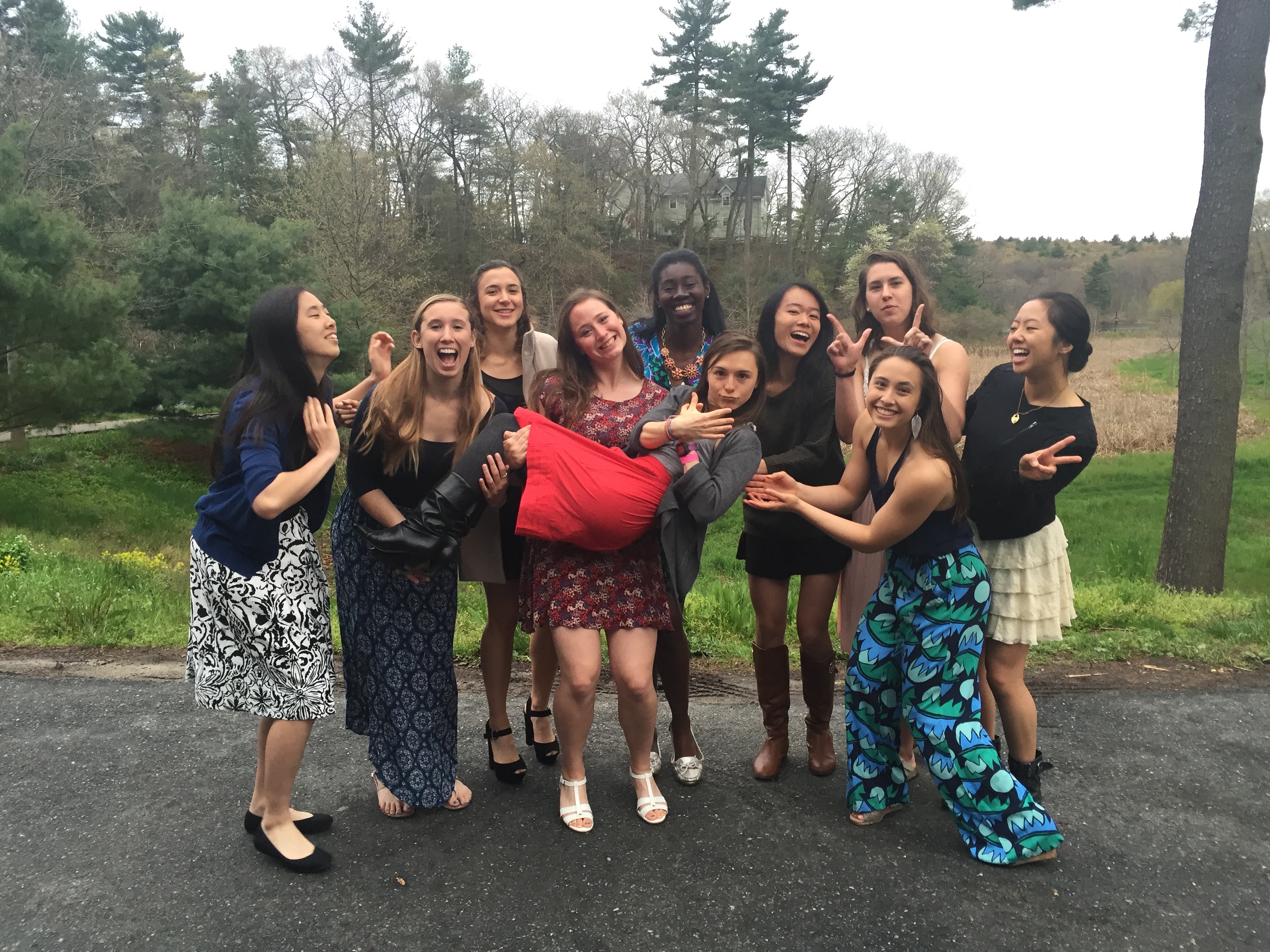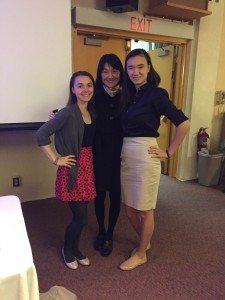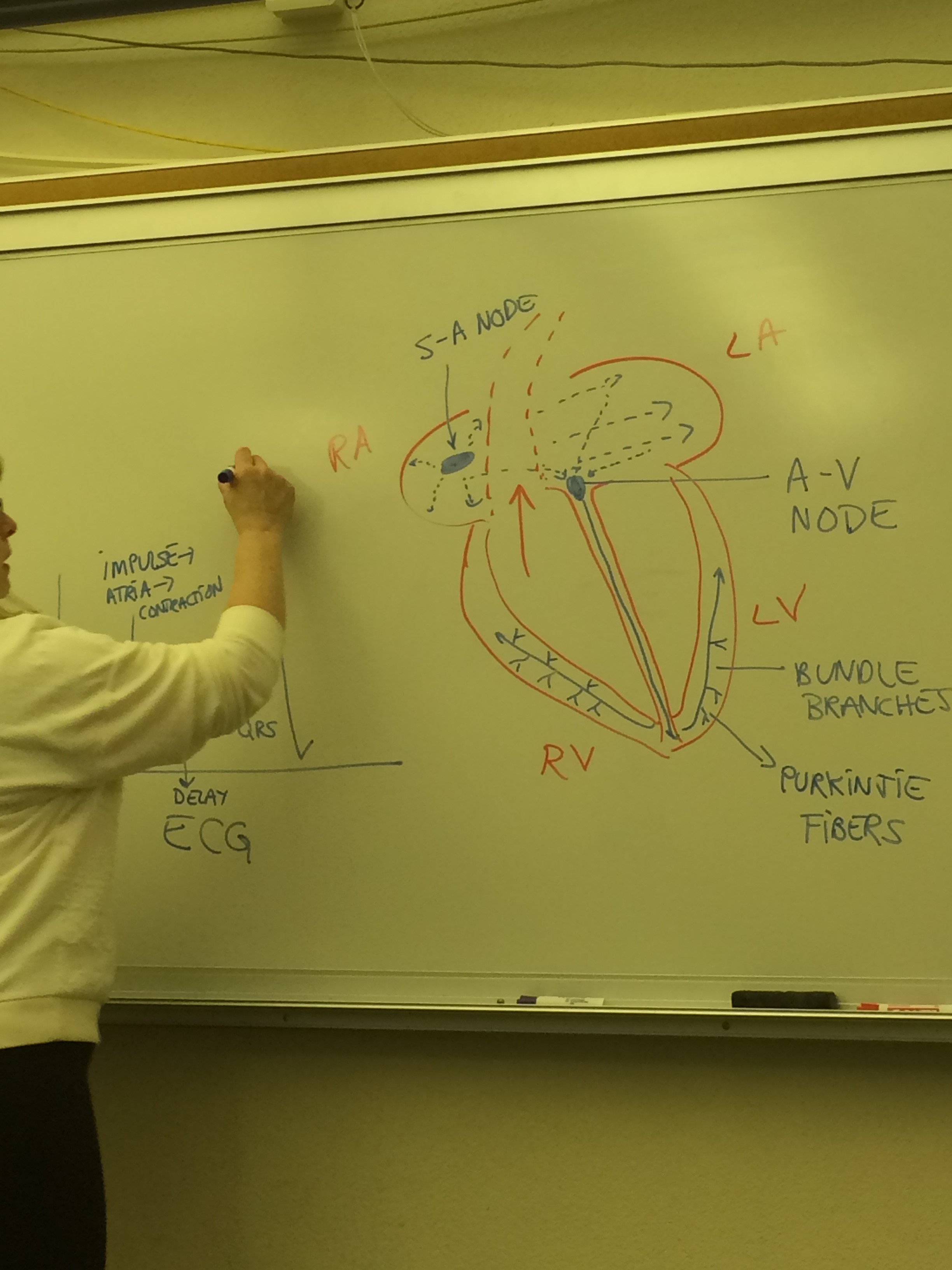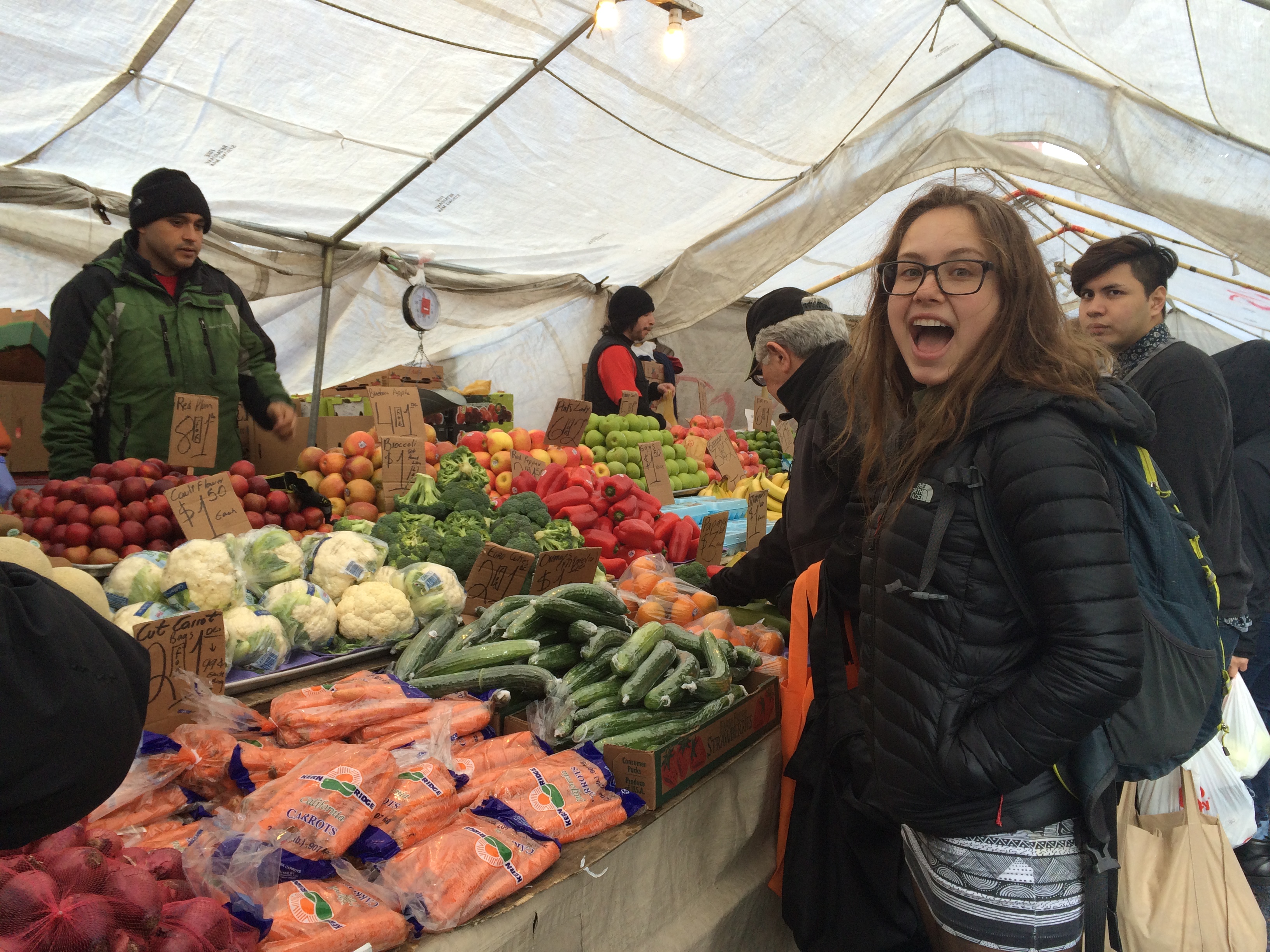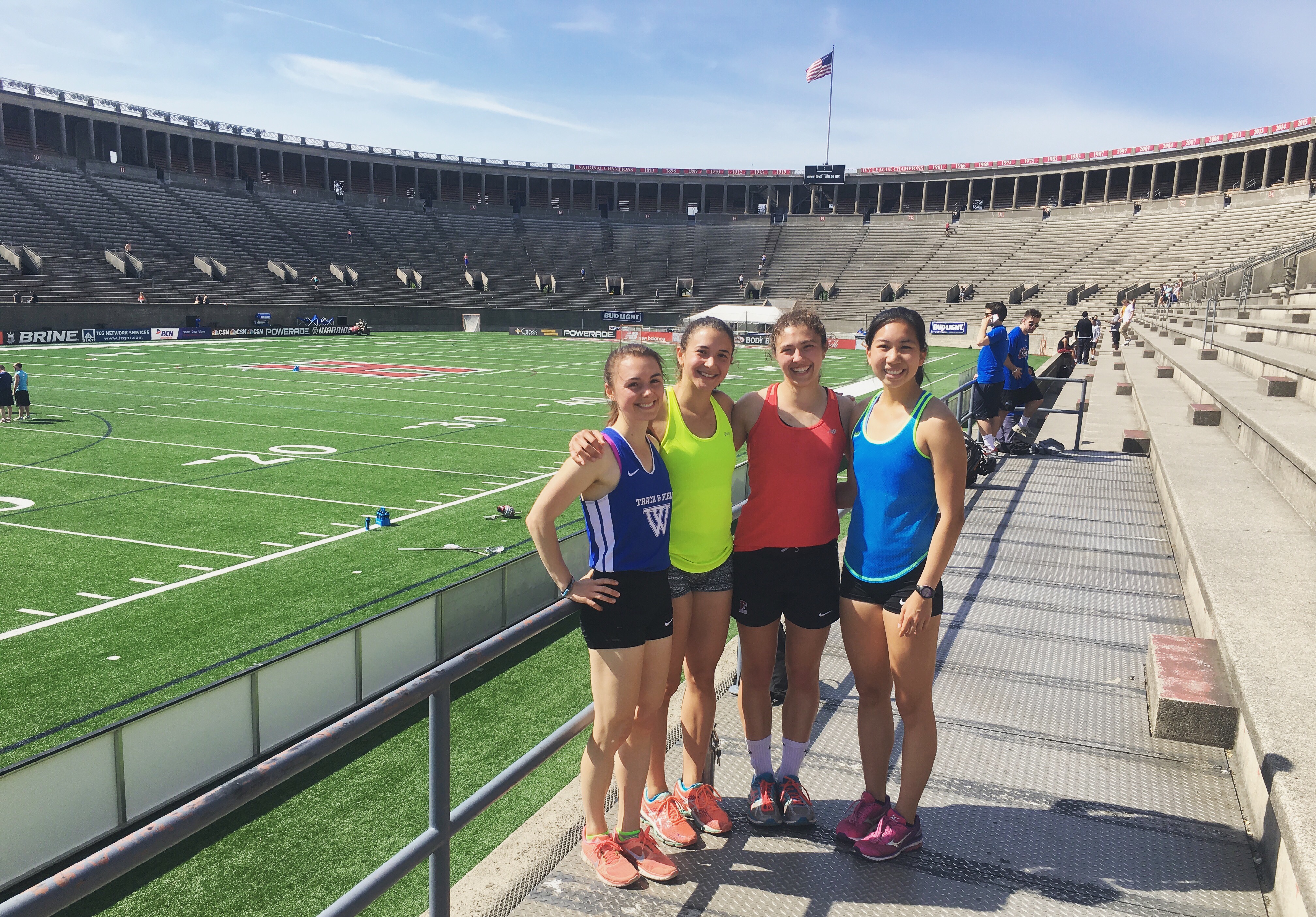
Category: Caitlin’s Blog Archive
Ruhlmanm 2016
Ruhlman Conference on Wednesday went well! There were TONS of yummy foods and snacks available all over campus, ALL DAY! The presenters also got really nice, glass water bottles. Wellesley is constantly looking to become more eco-friendly, which I find to be so exciting and inspiring.
I presented in the morning with my independent study partner on our self-created course “The Chinese Philosophy of Balance.” Our presentation was called “How to Live to Be 100: What Traditional Chinese Medicine Can Teach Us About Living a Happier, Healthier Life.” Basically, we shared our experience studying TCM and some of the many interesting things we learned over the course of our studies with our advisor, Professor Chen.
My portion of the presentation was all about how TCM theories relate to the foods you should eat.
In TCM, eating the correct foods for your body and the time of year is more important than taking medicine. This is because TCM is all about preventing disease and sickness before they occur, rather than treating them after. In the Huangdi Neijing (黄帝内经 or ‘The Inner Classis of the Yellow Emperor’), one of the oldest surviving TCM texts, there is a passage that states, A strong body need only rely on food. TCM stresses the importance of balance with the self and with nature. Food is gentle, energy-providing, and life-giving, while medicine tends towards an extreme (and thus has side effects).
Isabelle, my partner, introduced the theory of yin and yang–opposite yet complimentary forces. Each individual has a certain balance of yin and yang within their body. Furthermore, within all yang there is yin and within all yin there is yang (complicated, but really fun to delve into on a deeper level). In my portion of the presentation, I spoke about food and its relationship to the seasons through yin and yang theory.
Summer is a yang time of year. This means that yang is abundant and actively emanating from the body. A departure of yang from the body means a greater pattern of internal yin, so the internal environment becomes ‘cold’/’wet.’ To counteract this, one should eat warming (yang) foods, such as black tea, noodles, and ginger.
In contrast, winter is a yin time of year. This means that yang is introverted and reserved, remaining inside the body and creating an internal pattern of warmth. To maintain balance, one should eat nourishing, nutritiously dense (yin) foods, such as root vegetables (i.e. carrots, turnips, potatoes).
Yellow foods (such as millet, corn, and other whole grains) are always good for your energy and overall health/balance. This is because the color yellow is associated with the transitions between seasons. It is also associated with the spleen, the organ of the body believed to take the yin/yang energies of foods and create blood/energy for the body to use.
Sorry, that’s a lot of information! I’m just so excited about learning all of this. I find it fascinating and I’m planning to do more of my own research over the summer. I want to learn all I can about TCM. Even though I’m graduating, my professor has asked me to do some independent research and keep in contact with her so we can continue studying these topics and learning from one another. I am very excited to continue this process with her.
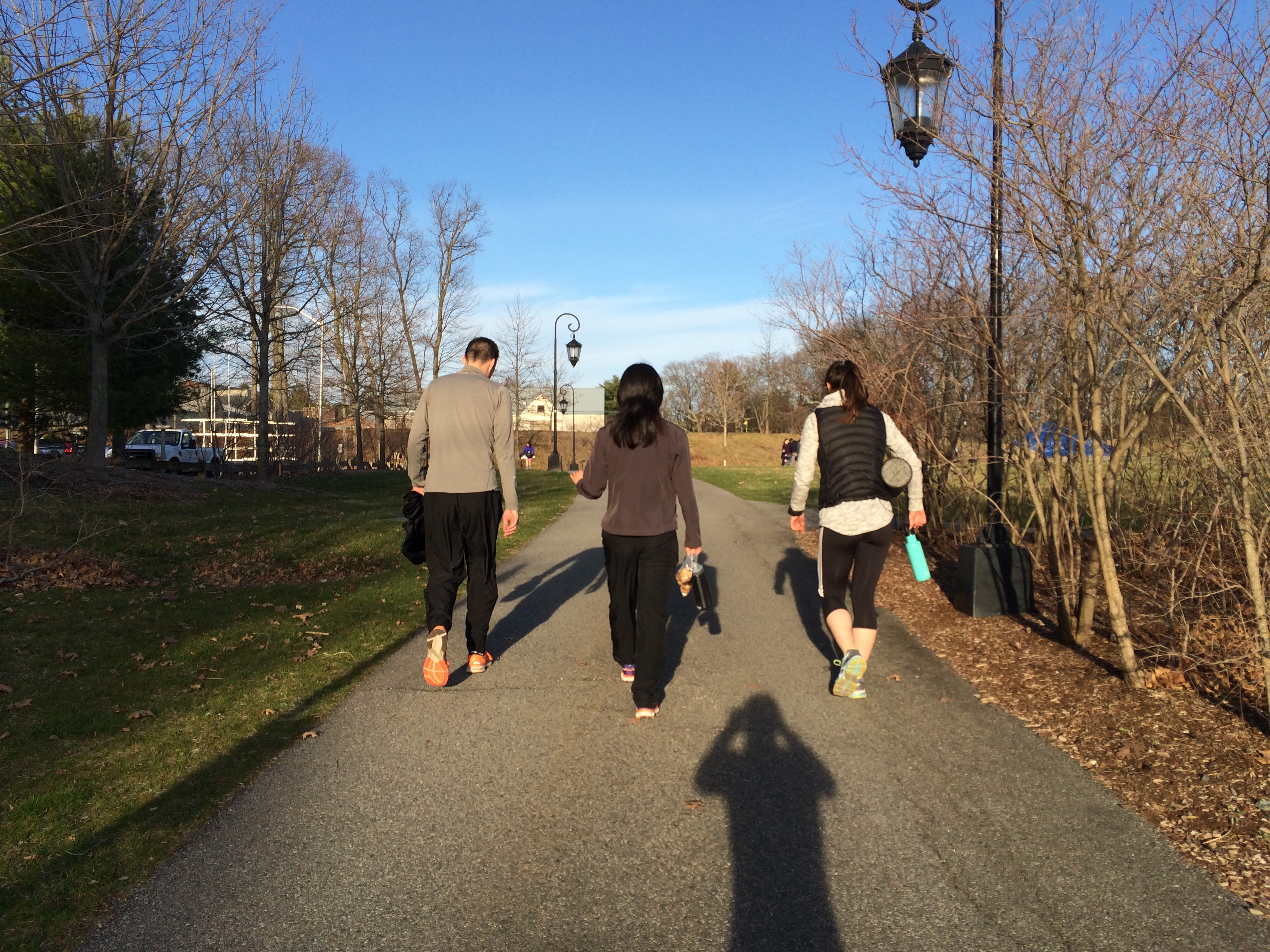
Winter Returns?
On Sunday, we had a little snowstorm blow through Wellesley: Just days ago, Wellesley looked like this: Ah well, spring is around the corner. At least, it needs to be around the corner because outdoor track has begun! Saturday’s meet at Coast Guard was COLD and WET and WINDY. But we had a great meet and placed third overall. Multiple…


